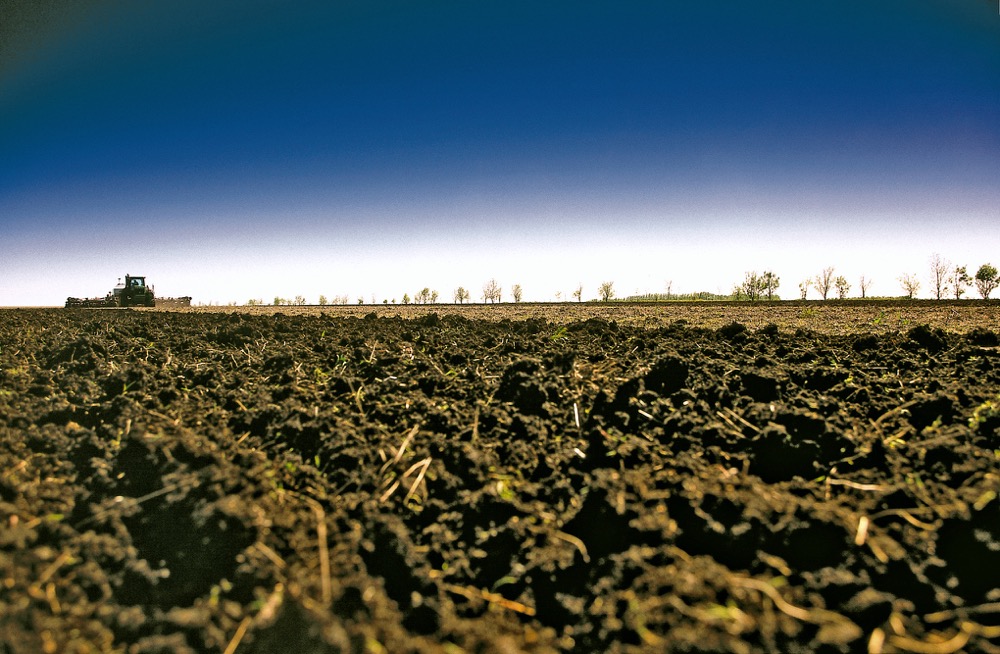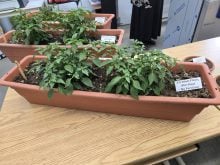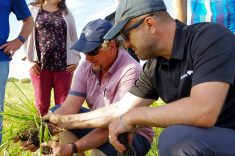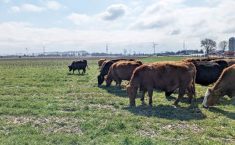A local company’s plan to turn food waste into stable biocarbon, which can then be used as a soil additive, has earned them eight months of federal support.
Carbon Lock Technologies was one of 18 companies, and the only Manitoba business, to be named a semi-finalist in the novel technologies stream of the federal government’s Food Waste Reduction Challenge.
Why it matters: A select handful of businesses are getting federal support to bring food-saving technologies from concept to commercial production.
Read Also
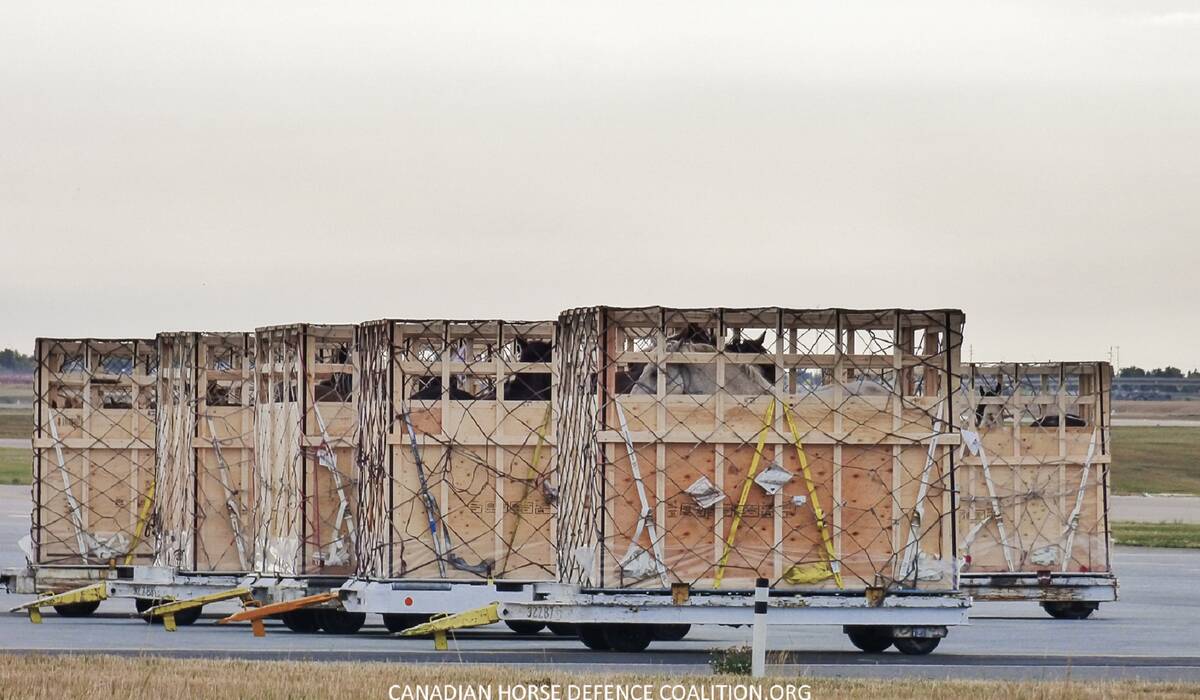
Horse welfare trial begins in Manitoba
Private prosecution of Manitoba horse farm, based on a 2022 horse export shipment, awaits judge’s verdict after two-day trial in Winnipeg.
The challenge, announced in late 2020, offered funding for businesses to develop either business models or new technologies to prevent waste, extend food life and either divert or otherwise find uses for food waste. Applications were taken through the first part of 2021.
Among the criteria, AAFC says semi-finalists were chosen by “potential volume of food waste reduction, level of innovation and scalability as well as environmental, social and economic benefits.”
The Winnipeg business made the cut out of 238 novel technology applications.
Back to the soil
The idea, according to Carbon Lock Technologies CEO Kevin Danner, is to carbonize food waste into “biochar” — a charcoal-like product that the company says can be worked into the soil to bolster soil carbon. From there, the company’s pitch echoes many of the rationales underpinning regenerative agriculture practices to increase soil carbon, things like carbon sequestration, a more robust soil biology or improved nutrient cycling and water infiltration.
But while the final product appears charcoal-like, Danner said that the process does not include combustion.
“We are carbonizing the waste, which is different than combustion,” he said. “There are no flames. We’re not trying to produce a renewable gas. We’re not trying to produce bio-oils… we’re trying to capture the carbon that is in the food waste.”
Danner hopes that the process will help divert food waste away from the landfill and add another option for that diverted waste, one outside of existing options like compost, or biofuel production.
“It prevents the production of methane or greenhouse gases from the waste,” he said. “In the other solutions — compost is good, if people can have compost in their garden, that’s great, but when you start doing large amounts of compost industrial(ly), there are greenhouse gases produced. When you gasify it or (use) anaerobic digestion, you are essentially trying to make a hydrocarbon, which is good, but again, when you combust it, you get greenhouse gases.”
The company has also said it hopes to make its product more accessible for farmers.
Most of the market for this type of product is small bags, sold for horticulture or gardening, Danner acknowledged, although some other Canadian companies are starting to scale up.
His vision is quite a bit larger.
“We would like to get to the point were we’re going to be able to sell truckloads to agricultural producers,” he said. “We would like to be able to develop it so the agricultural producer is able to provide us with the waste — either its food waste or agricultural waste — we convert it into the biocarbon and then bring it back to the producer.”
Processing byproducts from Manitoba’s agri-food industry is another possible source of feedstock, he noted.
Further down the road, Danner said, there may be a system where producers buy equipment to produce their own biochar on farm.
Carbon Lock Technologies hopes to have the third version of their prototype ready for testing this summer. The product will likely see testing throughout the next year, as well as in-field agricultural testing next summer, Danner said, and is likely “a year or two” out from commercialization.
The company turned to Red River College Polytech to help develop the product, and has gained funding from the provincial government, Research Manitoba and the National Research Council of Canada Industrial Research Assistance Program, outside of newly announced federal funds.
Carbon Lock Technologies must now make the case for its biochar product, in the hopes of making the cut as one of up to six finalists, to be announced later this year through the novel technologies stream of the Food Waste Reduction Challenge. That next step comes with an extra $450,000, meant to further hone and test products.


